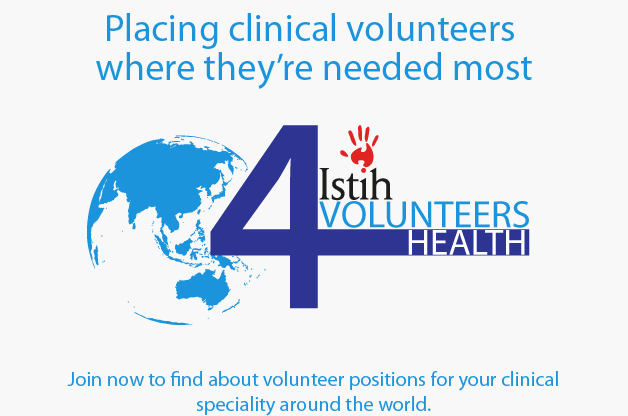When Fremantle Hospital Emergency nurse Margaretha Offringa (27) first walked into Tribhuvan University Teaching Hospital (TUTH) in Kathmandu, Nepal, her initial sense of shock soon turned into a proactive approach towards responsible nursing. Sponsored by the International Skills and Training Institute in Health (ISTIH) and with the support of her colleague Associate Professor Chris Curry, an ISTIH Medical Advisory Committee member, Ms Offringa’s five years nursing experience and staff development presentation skills proved invaluable to train staff at TUTH, in October 2013.
She assisted in basic nursing training to equip nurses with the skills to perform regular efficient observations and recognise patient signs of deterioration. Ms Offringa says there is a need to train nurses to ensure they have the knowledge and skills to support the doctors. “Professor Curry visits Nepal regularly. He works with doctors and he recognises that nurses and doctors should be able to work together as a team to improve the health system there, and to improve the nurses’ skills will help a lot,” she said.
Her eight hour days consisted of presenting lectures specific for nurses and on-the-floor nursing, demonstrating outcomes-based patient care. “Nothing can prepare you with what to expect. You need to experience it to realise,” she said. “After two weeks, nothing really surprised me – I learnt to expect the unexpected. It was still shocking but it became so visible that things aren’t done as they are done here.”
In Nepal, patient observations are less frequent than in Australian hospitals. It is common for Nepali patient observations to be performed every four hours and, in some areas, not at all. Nepali doctors usually perform more observations than the nurses.
Ms Offringa says that the ISTIH ‘Train the Trainer’ program gave her the opportunity to build a rapport with people from another culture and to understand the importance of gradual changes in respect of different cultural beliefs. “I created a relationship with them and they were so appreciative – I just wanted to do more,” she said. “They want to learn more and they want to change but they don’t know how to do it. There are a lot of unnatural deaths – accidents or a young person dying – people die every day. It’s very familiar to them.”
Ms Offringa gained first-hand experience to recognise the need for vital equipment by TUTH, such as manual ventilators and spinal boards. “It needs to be equipment they can maintain and they have to have the skills to use it as well,” she said.
She was amazed at the family support for hospital patients in Nepal. Family carers often keep family members alive with manual hand ventilators and sleep on the floor next to loved ones. The hospital is for seriously unwell patients because health care is expensive. “Some family members end up selling their land for health care and all the family members pitch in. They do that or else the patient has to die,” Ms Offringa said.
Two more Fremantle Hospital nurses will visit TUTH in January 2014. PowerPoint lectures developed by Ms Offringa will assist with trainer knowledge as a resource to maintain consistent teaching and reinforcement of best nursing practices. “You can only hope for the best. If you do nothing then you can’t expect to move to the next stage,” she said. Ms Offringa intends on revisiting TUTH and hopes to further her studies of emergency nursing.



